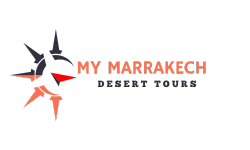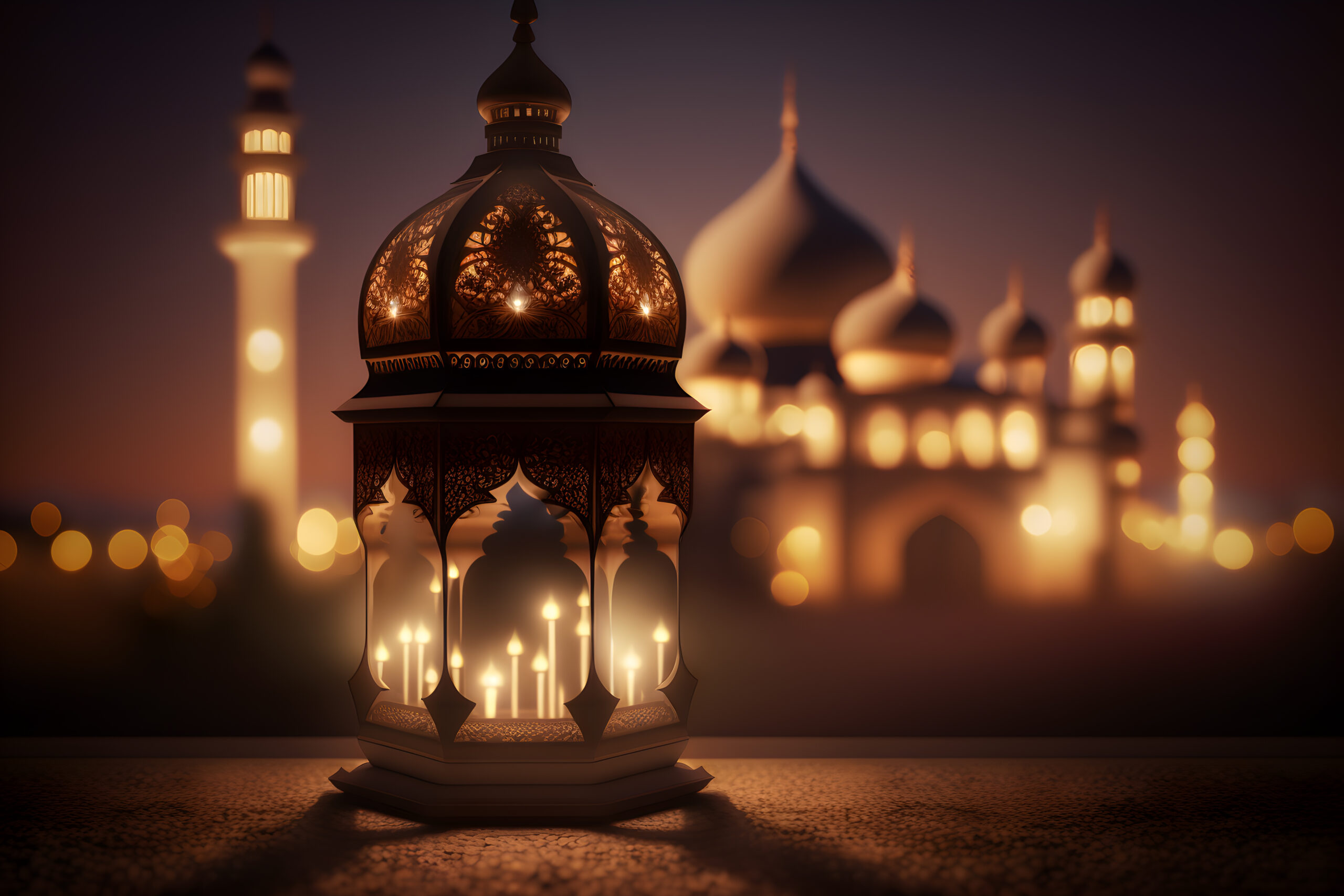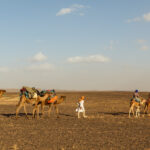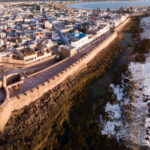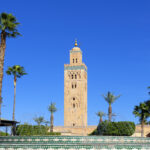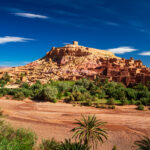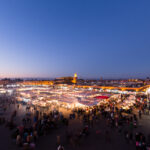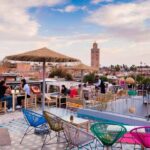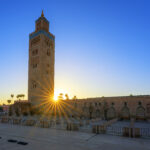What is Ramadan?
Ramadan is the ninth month of the Islamic calendar and is considered the holiest period for Muslims worldwide. During this month, Muslims engage in fasting from dawn until sunset, abstaining from food, drink, smoking, and other physical needs. The fast is a means of spiritual reflection, self-discipline, and increased devotion. Ramadan concludes with Eid al-Fitr, a festive celebration marking the end of the fasting period.
Visiting Morocco during Ramadan
Morocco is a predominantly Muslim country, and Ramadan is observed with great reverence. Visiting Morocco during Ramadan provides a unique opportunity to witness the country’s rich cultural and religious traditions. However, travelers should be aware of the changes in daily routines and respect local customs during this sacred month.
Mornings during Ramadan
In the mornings, the atmosphere in Morocco is generally quieter than usual. Many locals begin their day early with Suhoor, the pre-dawn meal. After this meal, and the Fajr prayer, people often return to rest or engage in light activities. Businesses and shops typically open later in the morning, around 10 or 11 AM, and may operate on reduced hours.
Travelers can use this time to explore less crowded tourist attractions or enjoy a peaceful walk in the city. It is important to note that eating, drinking, or smoking in public during daylight hours is considered disrespectful, so plan accordingly.
Afternoons during Ramadan
Afternoons in Morocco during Ramadan are marked by a slower pace of life. Many locals conserve their energy, especially as the day progresses and the effects of fasting become more pronounced. Public offices and businesses may close earlier than usual, and some restaurants and cafes remain closed until sunset.
This period is ideal for exploring cultural sites, museums, and historical landmarks. Many tourist attractions stay open, albeit with adjusted hours. Visitors should dress modestly and be mindful of local customs, such as avoiding loud or disruptive behavior.
Evenings during Ramadan
The evenings during Ramadan are vibrant and full of life. As the sun sets, the fast is broken with Iftar, a communal meal that brings families and communities together. The streets come alive with food stalls, markets, and restaurants bustling with activity. Traditional Moroccan dishes like Harira (a hearty soup), dates, and Chebakia (sweet pastries) are popular choices for Iftar.
Visitors can immerse themselves in the lively atmosphere, sample delicious Moroccan cuisine, and experience the warmth of local hospitality. After Iftar, Taraweeh prayers are performed at mosques, and the social activities continue late into the night.
Exploring Morocco during Ramadan
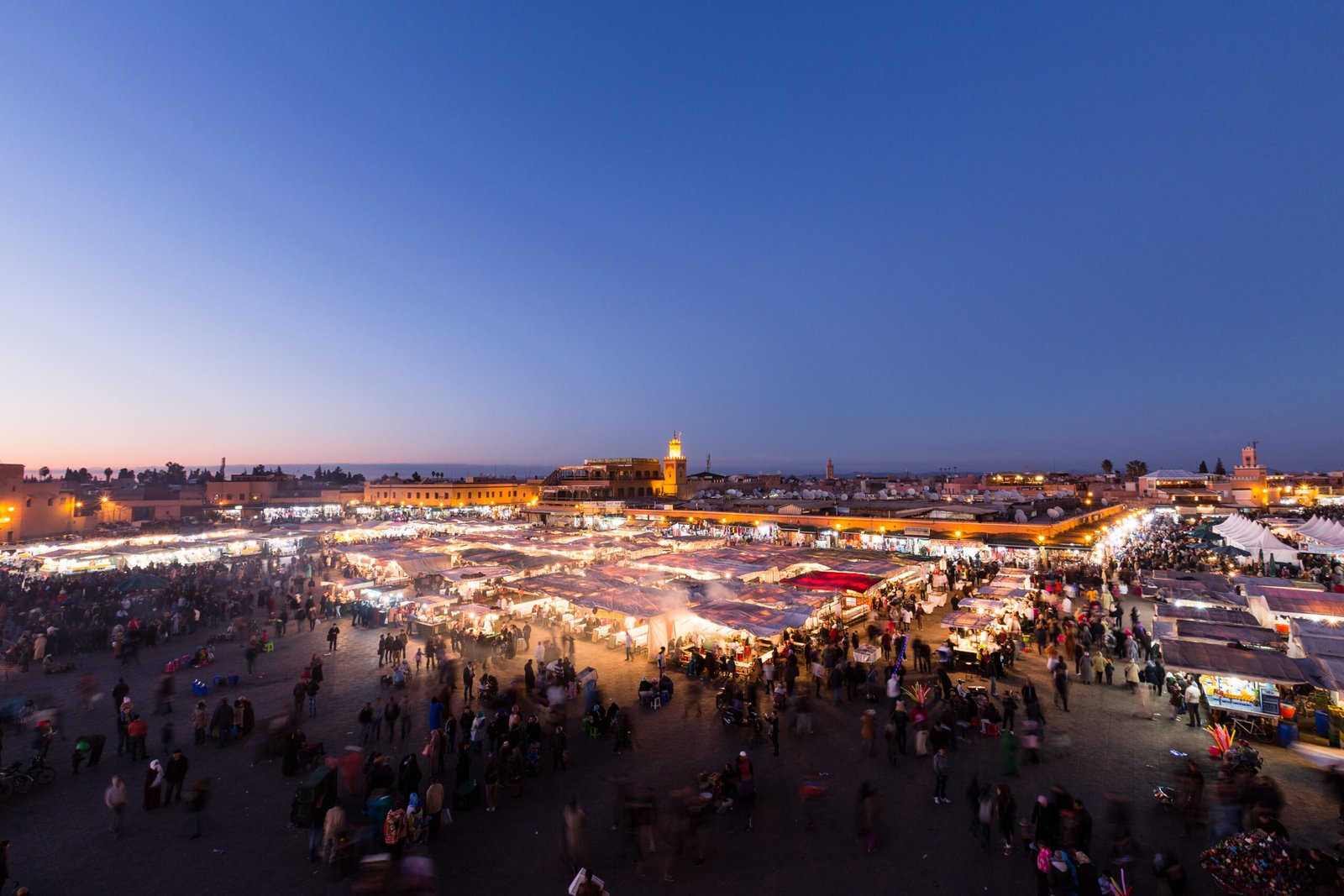
Exploring Morocco during Ramadan offers a unique perspective on the country’s cultural and religious heritage. Cities like Marrakech, Fez, and Casablanca are rich in history and offer numerous attractions that can be enjoyed during this period. From the bustling medinas and ancient souks to the tranquil gardens and majestic mosques, there is much to discover.
Travelers should plan their visits to key sites and attractions around the adjusted schedules, allowing time for both daytime explorations and evening festivities. Engaging with locals and participating in cultural events can enhance the travel experience, providing deeper insights into Moroccan traditions.
Tips for Planning a Trip to Morocco during Ramadan
Respect Local Customs
- Dress Modestly: Wear clothing that covers shoulders, arms, and legs.
- Avoid Public Consumption: Do not eat, drink, or smoke in public during daylight hours.
- Be Patient: Understand that services may be slower, and people might be more tired than usual.
Plan Ahead
- Check Schedules: Verify the opening hours of tourist sites, restaurants, and other attractions.
- Book Accommodations Early: Ensure you have a place to stay, especially during the last days of Ramadan and Eid.
- Stay Informed: Keep up to date with any local advisories or changes in public services.
Engage with the Local Culture
- Join Iftar Celebrations: Participate in communal meals and experience Moroccan hospitality.
- Attend Cultural Events: Explore local festivals, markets, and religious observances.
- Respect Prayer Times: Be mindful of the five daily prayers and the increased religious activities.
Conclusion
Visiting Morocco during Ramadan can be a deeply enriching experience, offering a unique insight into the country’s cultural and religious fabric. By respecting local customs, planning ahead, and embracing the changes in daily routines, travelers can enjoy a memorable and fulfilling journey.
